I’ve always thought dermaplaning to be a bit of a gimmick – when the beauty industry first started talking about it, I never expected it to be considered a proper aesthetic treatment and taken seriously by aesthetic practitioners.
It’s done with a scalpel and the blade – which, don’t worry, doesn’t cut the skin – is rested at a 45-degree angle against the face to remove peach fuzz – those fine facial hairs that we all have – along with dead skin cells and the top of the epidermis, to improve texture. It’s perfectly safe in the hands of a trained doctor or aesthetician and surprisingly, feels very relaxing. When Alice tried it, she said ‘the soft scuffing movements were so hypnotically soothing’ that she very nearly fell asleep.
Dermaplaning is a great exfoliation method for someone whose skin is too sensitive for things like microdermabrasion or chemical peels because it’s far gentler, and the side effects are few and far between, predominantly because dermaplaning is a very low-risk procedure. Your skin might be a bit pink in the hours after treatment but that will soon fade.
I was surprised to hear from Dr David Jack that dermaplaning can also be an effective method of keeping breakouts at bay for acne-prone skin. Dr Jack is a big fan of dermaplaning, and the two skin therapists at his Harley Street clinic perform the treatment regularly with great expertise. I had assumed that – like other forms of manual exfoliation such as microdermabrasion and products containing scrubby bits – dermaplaning shouldn’t be performed on spotty skin because the last thing you want to do is break the surface of a pustule or whitehead and spread the contained bacteria around the face.
But Dr Jack tells me that while he wouldn’t suggest dermaplaning as a first-line treatment for active acne, ‘It may help reduce the risk of future breakouts by exfoliating the skin, unblocking pores and removing debris from the surface of the skin, and also permitting anti-acne active skincare products such as retinoids to penetrate deeper into the skin.’ That’s another great benefit of dermaplaning – removing the top layer of dead cells allows your skincare ingredients to penetrate deeper and actually get to where they need to be, so they can do their job more effectively.
If you’re prone to breakouts and want to give dermaplaning a go, Dr Jack recommends having it as part of a protocol including ‘a pre-dermaplane cleanse and an anti-acne peel like a retinol peel, and also in combination with other treatments such as blue light IPL [Dr Jack uses the Theraclear device in clinic].’
Post-dermaplaning, you’ll have to go makeup free for a day but after that, you’ll find your makeup glides on very smoothly, and even without it, skin feels super smooth and looks much younger because it reflects the light so evenly without those tiny little hairs and dead skin cells covering its surface. Your face will be more sensitive to sunlight though, so a SPF is recommended for the weeks following. Full results will be seen in 3-5 days, and you can repeat the treatment after a month for ongoing benefits. I’ve totally convinced myself to give it a go, so I for one will be booking in to go under the scalpel soon.
The Tweakments Guide Takeaway
Dermaplaning gets a green light from us – there are very few possible side effects, it gives instant results and it rarely requires downtime. You can't have it if you have active acne, but if you're prone to breakouts it might be worth giving it a go to see if it helps keep spots at bay as part of a more comprehensive anti-acne regime.
Related Stories
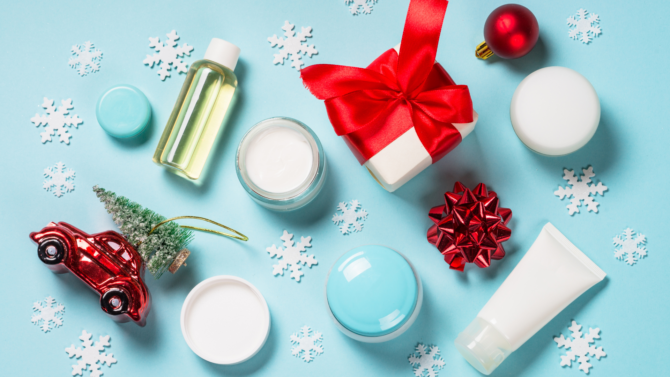
Skincare
How To Avoid ‘Festive Face’: Your Skin Survival Plan For Party Season
Festive food indulgences, lots of late nights, and a glass (or two) of champagne – the winter party...
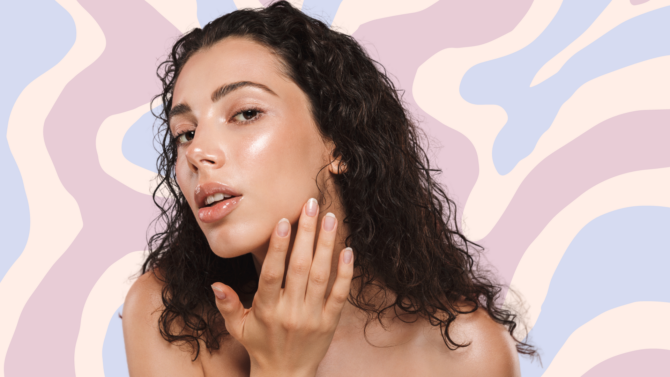
Concerns
Can ‘NoTox’ Skincare Ever Measure Up To Toxin Injections?
For anyone looking for an alternative to wrinkle-relaxing toxin injections, ‘NoTox’ skincare,...

Skincare
Do You Need To Change Your Skincare Every Season?
As a beauty and aesthetics journalist with specific training in cosmetic science, I get asked a lot of...
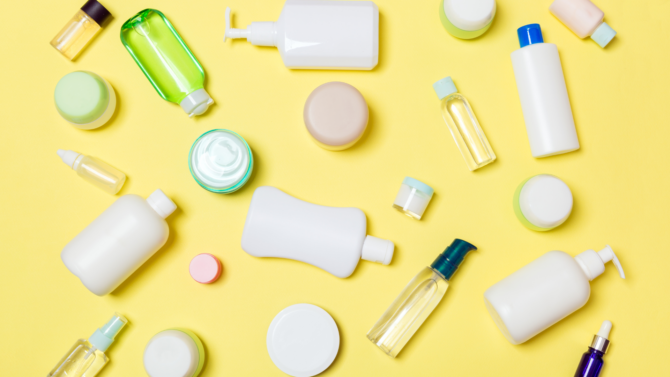
Skincare
Post-Tweakment Skincare: The Expert Guide
After the excitement of having a tweakment, it can be tempting to sit back and just wait for your results to...

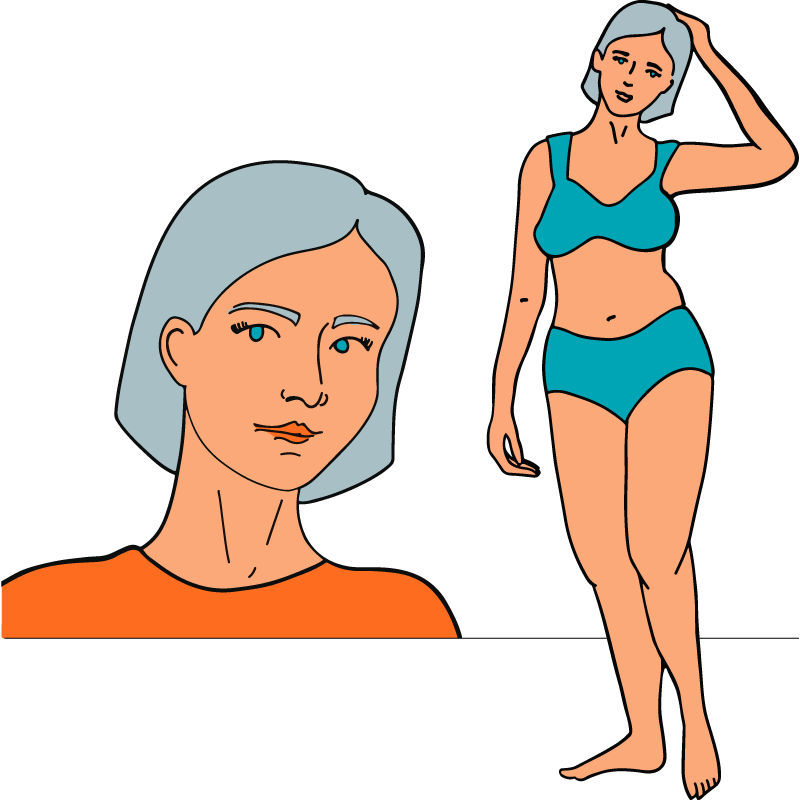

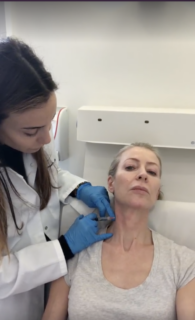
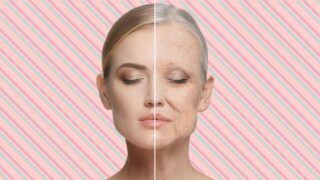
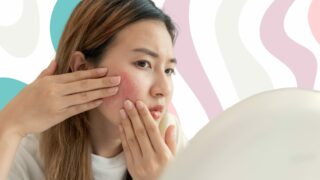

 The Tweakments Chatbot
The Tweakments Chatbot